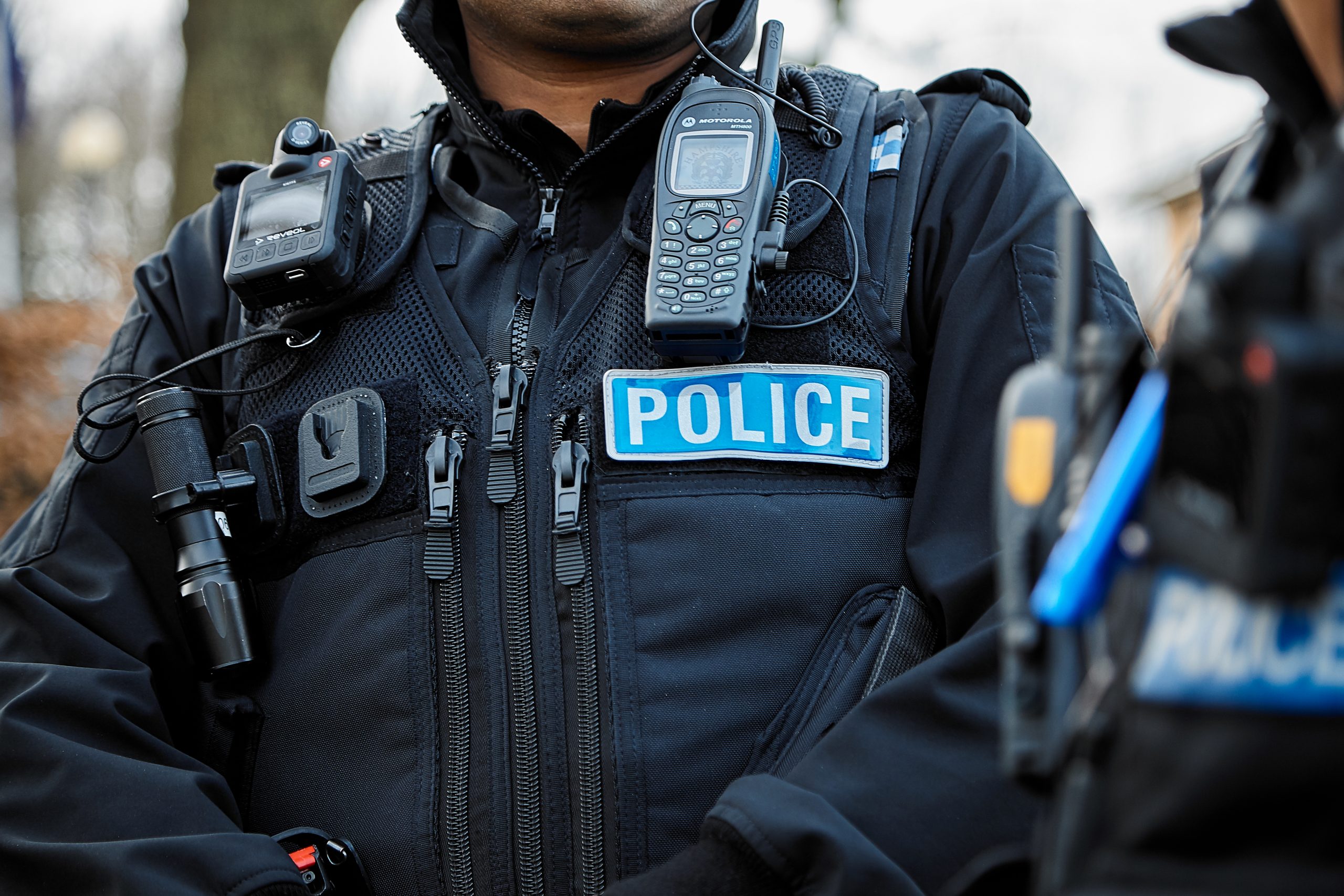Assault Sentences Must Be Consistent
PEOPLE who assault police officers and other blue light workers must be sentenced ‘consistently’, says Hampshire Police Federation.
New statistics have shown a worrying 19% increase in assaults on emergency workers during the pandemic.
The National Police Chiefs’ Council (NPCC) has put the numbers down to an increase in ‘unacceptable’ common assaults, many of which have been spitting and coughing offences as people have looked to weaponise the COVID-19 virus.
Tougher sentences for assaults on officers are available, but they are still not consistently applied at county court and magistrate level.
Hampshire Police Federation Chair Zoe Wakefield says that doesn’t send out much of a deterrent to would-be assaulters.
She said: “Recording of assaults have improved but there can be no doubt that assaults have risen, particularly during the pandemic.
“Sentencing did appear to start reflecting the seriousness of assaults, but there is too much inconsistency. We had one case where an officer was assaulted by someone who took his colleague’s baton and used that against him – they didn’t even get a custodial sentence.
“It has a real negative impact on officers. Why should they bother doing an assault impact assessment when the sentences can be so lenient? What message does it send out?
“It’s not conducive to having healthy officers.
“Tougher sentences might not change someone’s attitude to the police, but at least if they’re in prison, they can’t assault us.
“We’d also like to see body-worn video camera footage used more widely in courts, but often they don’t have the facilities to show it.”
The Federation is working closely with the force to try and help officers, especially new recruits, to spot when a situation might turn violent in the hope they will be able to keep themselves and their colleagues safe from attack.
Several safety trainers have been deployed across the county to support and advise officers about how they might predict when things turn nasty.
Zoe explained: “They’ll talk to the officers, review situations and look at videos to see if there was anything the officers could have done differently.
“Of course, sometimes people just turn violent without warning, but we’re trying to identify any learning.
“Ultimately, we need support from the other side, from the judiciary, to back officers up.”
